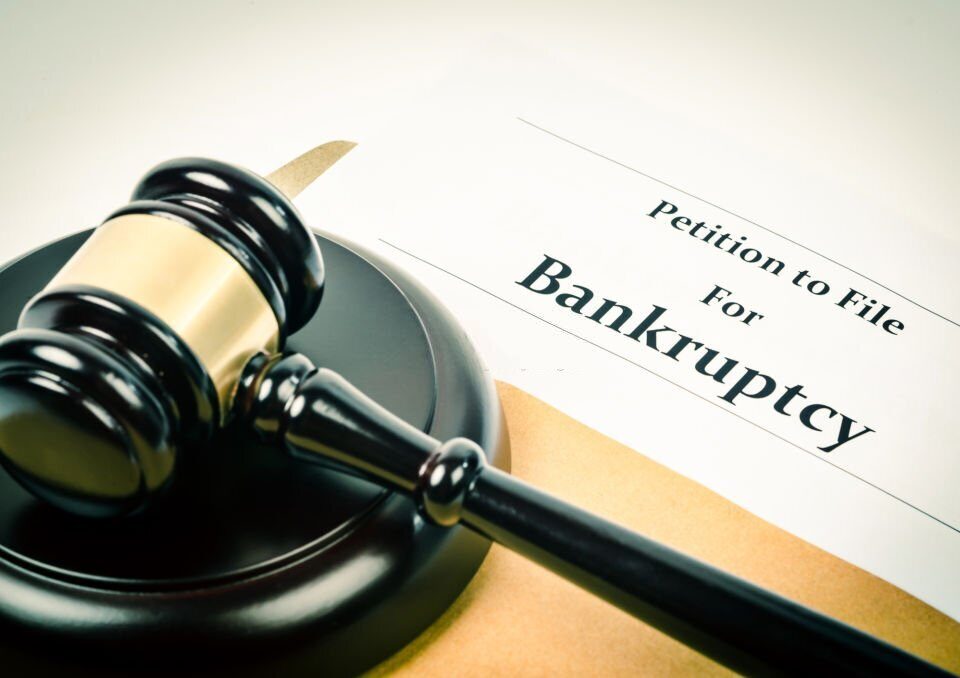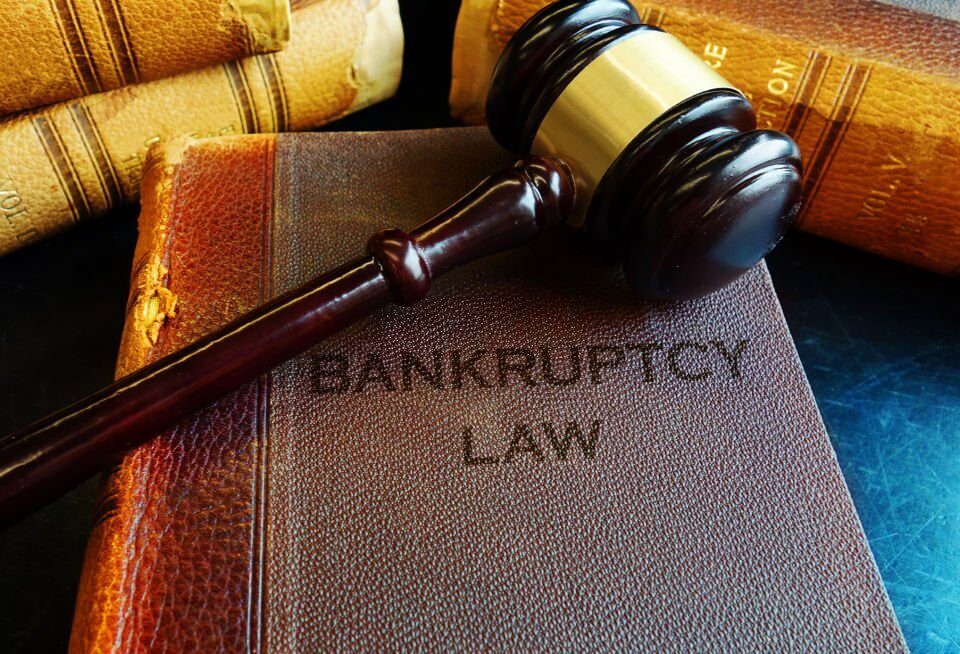6 Things Not To Do Before Filing For Bankruptcy

Understanding Bankruptcy Exemptions In Florida
January 15, 2018
How To Know It Is Time To File For Bankruptcy
February 15, 2018When it comes to filing for bankruptcy, it is not only important to know what to do, but it is equally important to know what mistakes not to make. The actions that a debtor can have make before choosing to file can seriously affect the success of the case.
1. Do Not Rush In
The saying goes that fools rush in, and it applies to bankruptcy just as easily as it applies to love. If a debtor is going through a situation of high financial stress, it easy to want to jump into bankruptcy and get a discharge of all debts. However, certain considerations should be made before going forward.
One thing to consider is if the debtor has previously gone through bankruptcy, he or she will be subject to certain waiting periods before bankruptcy can be filed. If the debtor is seeking a Chapter 7 discharged, he or she can only get this once every eight years or at least six years after a Chapter 13 bankruptcy filing.
2. Do Not Wait Too Long
However, in certain situations the debtor should not wait too long to pursue a bankruptcy action. If a creditor has filed a law suit against the debtor, he or she may want to act quickly before the matter gets to judgment.
At that point, the possibility of wiping out the debt in bankruptcy may be too late. Otherwise, the creditor may be able to garnish the debtor’s wages, attach to bank accounts, foreclose on a home or repossess the debtor’s car.
If the debtor is able to file for bankruptcy before the case gets to judgment, the bankruptcy can stop the pending matter, liquidate the debt or even prevent any lien from attaching to the debtor’s property.
It is of utmost importance, however, that the debtor discloses any pending lawsuits with a bankruptcy attorney as soon as they are discovered, due to the complexity of the situation.
3. Do Not Drain Retirement Account Savings
Debtors often worry that their retirement funds will be subject to liquidation in bankruptcy, and as a result of this, they try to drain their retirement accounts to protect the money.
However, this idea is a bad one, especially if this money is used to pay off debts that could eventually be liquidated in bankruptcy. Not only will the debtor be faced with tax consequences of taking money out of retirement accounts, he or she will be paying debts that would be liquidated anyway.
4. Do Not Incur New Debt
Before filing for bankruptcy, it is important that the debtor not incur new debt. Specifically, if the debtor ran up high levels of debt during the 70 to 90 days preceding a bankruptcy filing, unless the money was for what are considered necessities of life, this date may not be discharged.
The bankruptcy court may see it as the debtor trying to gain the system by buying new items fully knowing that he or she will not ever have to be responsible for ultimate payment. If the debtor took out cash advances or used a credit card to buy luxury items within this time period, he or she will be considered to have conducted “presumptive fraud” and the debt may not be discharged.
5. Do Not Move Assets
One of the biggest mistakes debtors can make prior to filing for bankruptcy is trying to move assets to hide from the bankruptcy process. Many will sell or transfer assets to loved ones in an effort to hide them from bankruptcy.
The idea behind this is the misconception that these assets will be sold to pay off debts before they are discharged. However, if the fact that the debtor moved assets before filing is discovered, he or she could be found guilty of bankruptcy fraud which could result in the bankruptcy petition being thrown out but also criminal charges.
6. No Receiving Large Assets Before Filing
If the debtor knows that he or she will be receiving a large amount of money, such as an inheritance, relatively soon, it is a bad idea for him or her to file for bankruptcy.
If he or she receives the money after the petition is filed, the court may see the situation as changed and may not view the debtor as being bankruptcy. This money could also be used to get out of debt without having to resort to filing a petition.
Contact RLC Lawyers & Consultants Today
At RLC Lawyers & Consultants, we are here to walk you through this stressful process of bankruptcy. To request to schedule a free consultation, please call us at 561-571-9610 today



